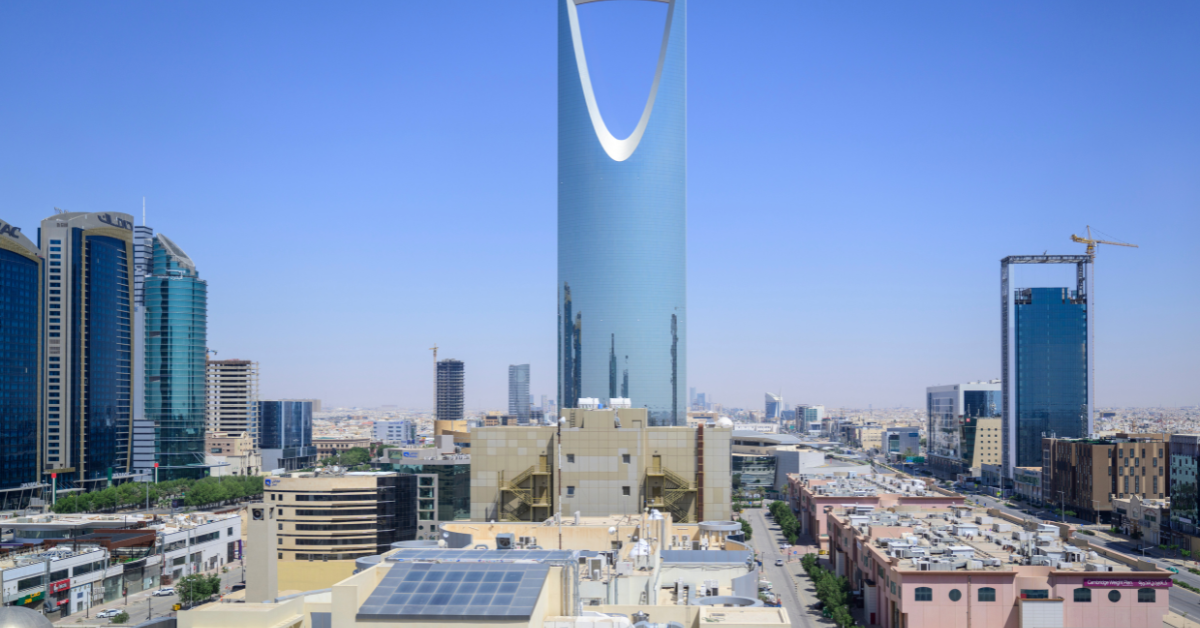Riyadh is the capital of Saudi Arabia, known as a center of economy and culture. Its Chinese-character form “利雅得” comes from a transliteration in Chinese. While not common in Japanese, it gives the city’s name a richer and more meaningful impression.
The Chinese Character Representation “利雅得”
Riyadh comes from the Arabic word meaning “gardens,” reflecting its history as an oasis city. In Chinese, it is transliterated as “利雅得.” While this form is not officially used in Japanese, it serves as a visual way to capture the city’s sound.
| Character | Pronunciation | Nuance |
|---|---|---|
| 利 | lì | Benefit, convenience |
| 雅 | yǎ | Elegance, refinement |
| 得 | dé | To obtain, to gain |
This representation not only reproduces the sound but also carries positive connotations, highlighting the cultural habit in Chinese of adding meaning through characters.
The Image Japanese People Have of Riyadh
For Japanese people, Riyadh is mainly understood through news and international reports, as there are few direct opportunities to visit.
| Image | Background | Japanese Perception |
|---|---|---|
| Economic city | Capital of one of the world’s top oil producers | Wealth and business hub |
| Cultural city | Center of Islamic tradition and law | Strict and orderly daily life |
| Modern city | Skyscrapers and city planning | Impression of a futuristic metropolis |
Whenever oil or international negotiations are reported, Japanese people recall Riyadh as the “capital of a resource-rich nation.”
Riyadh as a City of Sports
Riyadh has recently gained global attention as a stage for sports.
Soccer is especially popular. Clubs like Al-Hilal and Al-Nassr play active roles in the Asian Champions League, often facing Japanese teams. This exposure makes Riyadh feel closer to Japanese fans. The signing of Cristiano Ronaldo also brought Riyadh to headlines in Japan, making the city’s name widely recognized.
Additionally, Riyadh hosts major international events such as combat sports and Formula E. Through these, it is becoming a hub of sports tourism and global entertainment.
| Sport | Details | Japanese Interest |
|---|---|---|
| Soccer | Clubs compete in the Asian Champions League | Familiar through matches with Japanese teams |
| Combat Sports | International tournaments held | Reported in Japanese media |
| Motorsport | Formula E and rally events | Linked to urban modernization |
Sports have expanded Riyadh’s image from “a business city” to “an international entertainment hub.”
Education and Cultural Exchange in Riyadh
Riyadh is also a center of education, home to Saudi Arabia’s largest universities. These institutions strengthen the nation’s future through science and engineering, while also hosting international students.
Cultural exchanges with Japan have increased in recent years. Events introducing anime, Japanese food, and traditional arts have been held, fostering familiarity and connection.
| Field | Feature | Ties with Japan |
|---|---|---|
| Education | Universities and research institutions | Student exchanges and joint research |
| Culture | Art and film festivals | Events introducing Japanese culture |
| Tourism | New urban development projects | Future opportunities for Japanese visitors |
Relations with Japan
Riyadh plays a crucial role in Japan’s diplomatic and economic relations. Japan relies heavily on Saudi Arabia for energy resources, and summits or economic forums in Riyadh are vital moments in the bilateral relationship.
For Japanese people, Riyadh is often recalled as a “center of energy and international negotiation.”
Conclusion
The Chinese character representation of Riyadh, “利雅得,” originates from Chinese transliteration. In Japanese, it is written in katakana, but the characters’ meanings enrich the perception of the city.
The image Japanese people hold of Riyadh is that of an economic hub, a city of tradition and law, and a symbol of modernization. In recent years, the influence of sports and cultural exchanges has added new dimensions to this perception.
With its combined strengths in economics, culture, education, and sports, Riyadh is no longer just a distant Middle Eastern capital but a city closely connected to Japan. Its global presence will only continue to grow in the future.






